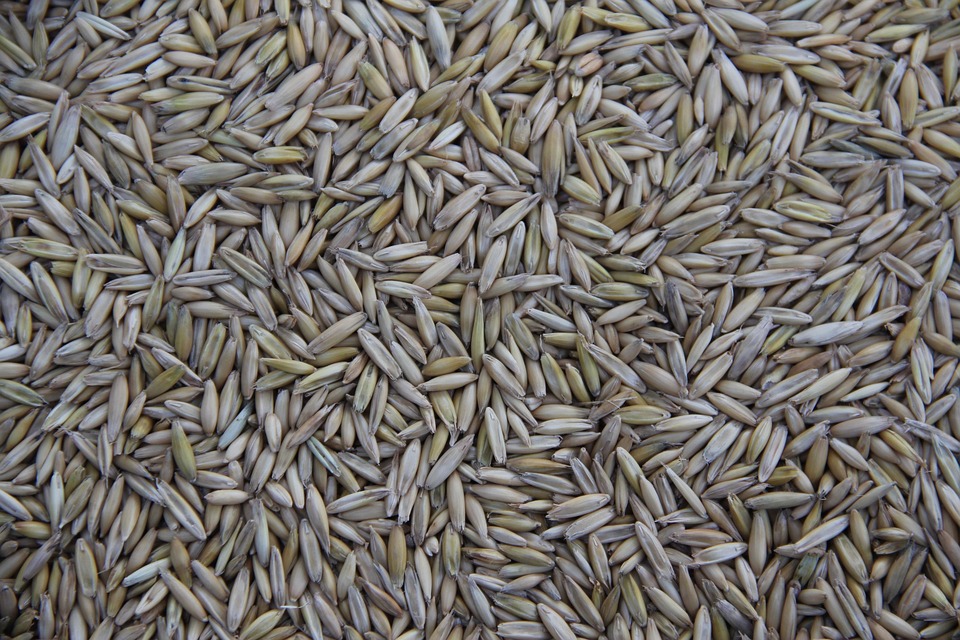The Gut-Brain Connection: How Your Diet Influences Mental Health
In recent years, an exciting area of research has emerged that underscores the profound relationship between our gut and our brain. Dubbed the “gut-brain connection,” this concept explores how the state of our digestive system can significantly influence our mental health, affecting everything from mood and cognition to stress levels and emotional well-being. As our understanding deepens, the role of diet as a critical factor in this connection comes to the forefront.
Understanding the Gut-Brain Axis
The gut-brain axis (GBA) refers to the complex communication network linking the gastrointestinal tract and the central nervous system. This axis involves a multifaceted interplay of biochemical signaling, including hormones, neurotransmitters, and the vast community of gut microbes, collectively known as the gut microbiota. These microbes are not just passive residents; they actively engage in metabolic processes and play a crucial role in regulating our physical and mental health.
A landmark study published in “Nature Communications” revealed that gut bacteria can synthesize neurotransmitters such as serotonin and gamma-aminobutyric acid (GABA), both of which are vital for mood regulation. In fact, approximately 90% of serotonin, often referred to as the “feel-good” neurotransmitter, is produced in the gut. This production is largely dependent on the composition of our gut microbiota, highlighting the importance of what we eat.
The Role of Diet in Shaping Gut Microbiota
Diet is arguably one of the most significant factors influencing the composition and diversity of gut microbiota. The foods we consume can promote the growth of beneficial bacteria or foster the proliferation of harmful species.
-
Fiber-Rich Foods: Foods high in fiber, such as fruits, vegetables, legumes, and whole grains, serve as prebiotics—nourishing the beneficial bacteria in our gut. These foods help create a diverse microbiome, which has been linked to improved mental health outcomes.
-
Fermented Foods: Fermented products like yogurt, kefir, sauerkraut, kimchi, and miso are rich in probiotics, which are live microorganisms that confer health benefits. Regular consumption of fermented foods can enhance gut health and has been associated with reducing symptoms of anxiety and depression.
-
Omega-3 Fatty Acids: Found in fatty fish (like salmon and mackerel), walnuts, and flaxseeds, omega-3 fatty acids are known for their anti-inflammatory properties. Research indicates that these fats may also support brain health and improve mood disorders.
-
Processed Foods and Sugar: Diets high in processed foods and sugars can stifle the growth of beneficial gut bacteria, leading to dysbiosis—a microbial imbalance that has been linked to increased inflammation and poorer mental health.
Mental Health Implications
The implications of the gut-brain connection are vast.
-
Mood Disorders: Studies have shown a correlation between an imbalance in gut microbiota and conditions such as depression and anxiety. For instance, an investigation featured in “The Journal of Neuropsychiatry and Clinical Neurosciences” found individuals with major depressive disorder often exhibited lower diversity in their gut microbiota.
-
Cognitive Function: Emerging evidence suggests that a healthy gut can enhance cognitive abilities. Certain gut bacteria are linked to improved focus and memory, which may be the result of their influence on neurotransmitter levels.
-
Stress Management: The gut-brain connection also plays a role in the body’s response to stress. A healthy gut microbiome can help regulate the release of stress hormones, making it easier to manage anxiety and build resilience.
Practical Steps to Foster Gut Health for Mental Well-Being
-
Embrace Whole Foods: Focus on a diet rich in whole, unprocessed foods. Incorporate a variety of fruits, vegetables, whole grains, lean proteins, and healthy fats.
-
Stay Hydrated: Adequate water intake is crucial for maintaining gut health. It aids digestion and ensures that nutrients are absorbed efficiently.
-
Limit Sugar and Processed Foods: Pay attention to your sugar intake and try to minimize processed food consumption. Opt for natural sweeteners and whole food alternatives.
-
Explore Fermented Choices: Regularly include fermented foods in your diet. If you’re new to them, start small to see how your body responds.
-
Consider Prebiotics and Probiotics: Depending on your dietary preferences, you might consider supplements to boost your gut health, but it’s best to consult a healthcare professional first.
-
Mindful Eating: Practice mindfulness while eating. Being aware of your food choices, dining environment, and eating pace can help improve digestion and your mental connection to food.
Conclusion
The gut-brain connection highlights an essential aspect of our overall health: what we eat plays a significant role in how we think and feel. By adopting a diet rich in fiber, healthy fats, and fermented foods while limiting processed ingredients, individuals can foster a healthier gut microbiota, thereby supporting not just their physical health but also their mental well-being. As research continues to unveil the nuances of the gut-brain relationship, the age-old adage “you are what you eat” takes on newfound significance, underscoring the power of food in nurturing both body and mind.
For further insights and detailed information on the gut-brain connection and its implications for mental health, you can explore studies and articles using [modern_footnote_source_link].


























Add Comment